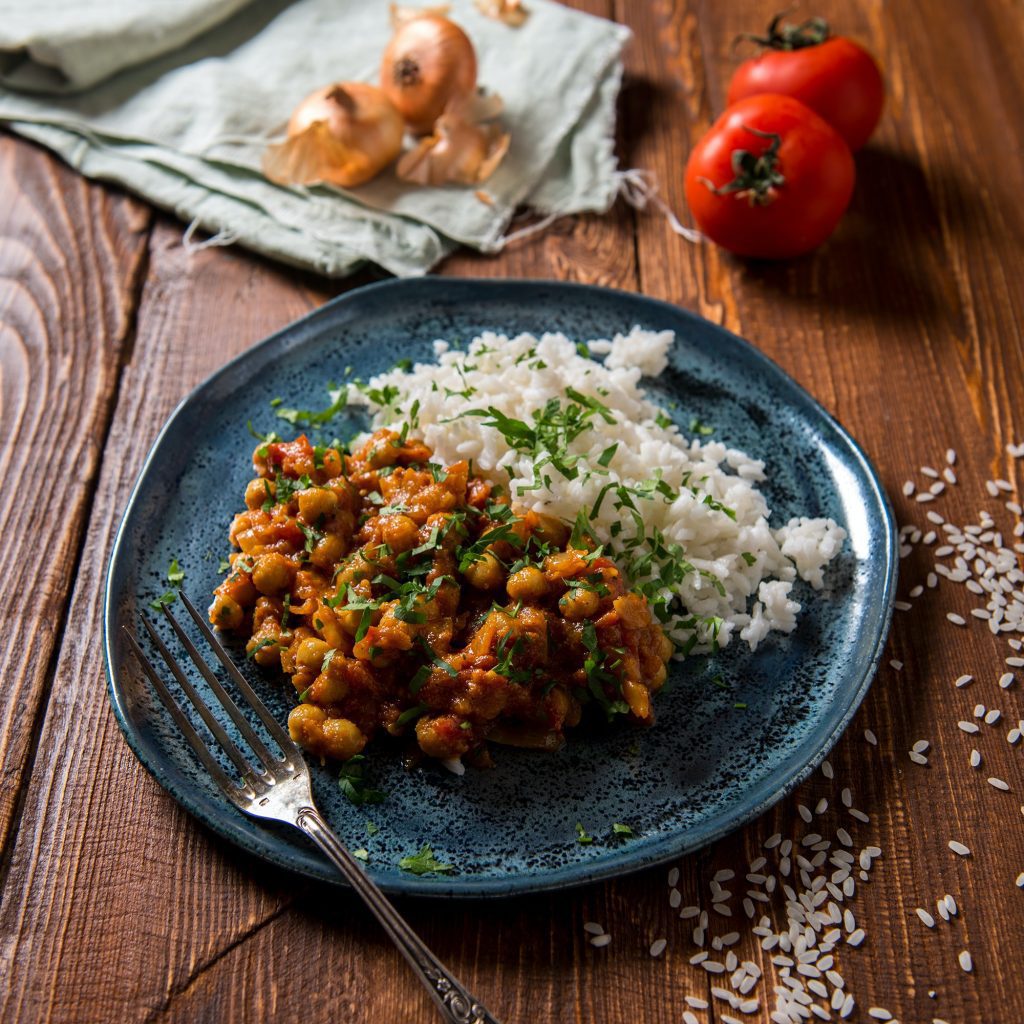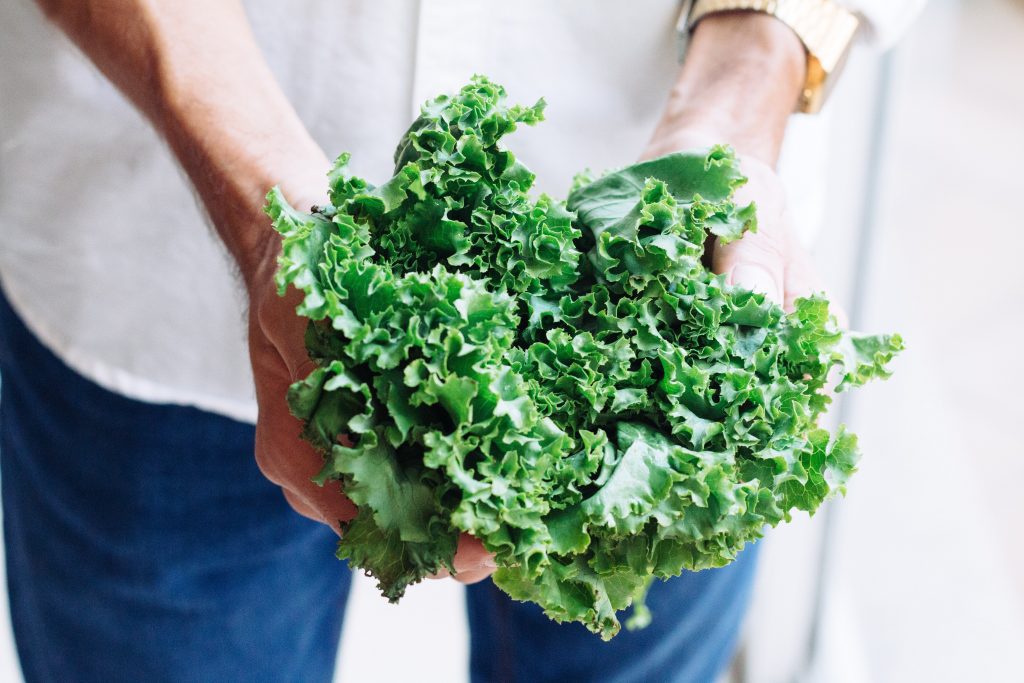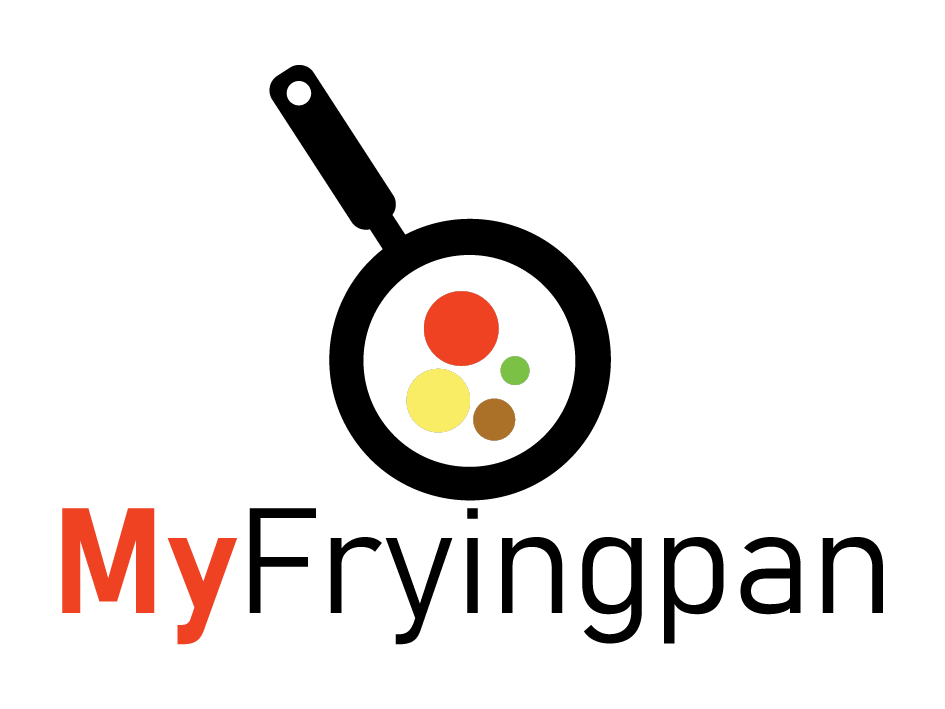Top Protein Sources For A Plant-Based Diet
If you’re vegan, vegetarian, or looking to cut down on your meat consumption, plant proteins play a paramount role in maintaining a balanced diet.
Interestingly, some plant proteins have even better protein to calorie ratios than meat. Broccoli beats steak, and chicken is about equal to spinach. There are, however, fewer calories in these foods, so you would need to eat quite a lot more of them to get the same amount. These nutrient-packed foods can help you get your protein intake without overstuffing yourself.
1. Spirulina is a blue-green algae that is rich in iron, manganese, and vitamin B. It contains around 4g of protein per tablespoon and is ideal in smoothies, shakes, or juices.

2. Almonds have one of the highest protein contents in the nut family. A cup of almonds contains around 30g of protein, as well as vitamin E. You can eat them raw, as nut butter or milk, or in granola.
3. Peanuts are super rich in protein, with a bit more protein than almonds. They are also high in fat, so keep this in mind.
4. Sunflower Seeds are an easy protein-rich food to sprinkle over any meal. They can also be made into butter, which is a great option for those with allergies.
5. Chickpeas are a great protein source and can be made into hummus or flour or be used in curries, stews, falafels, and fritters.

6. Soybeans contain all 9 of the essential amino acids, making them a complete protein. Soy-based foods come in all shapes and sizes, so the meal possibilities are near endless.
7. Lentils are an excellent protein source and form a complete protein when combined with rice.
8. Kale contains more protein than most other leafy greens and comes with a good dose of calcium, copper, manganese, potassium, and vitamins A, K, B6, and C.

Conclusion
We hope this guide can help anyone transitioning to plant-based get the right balance of protein in their diet.
